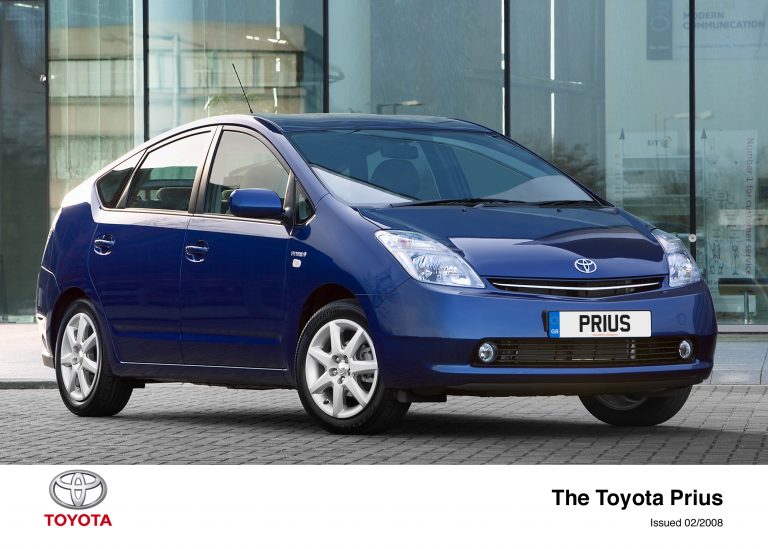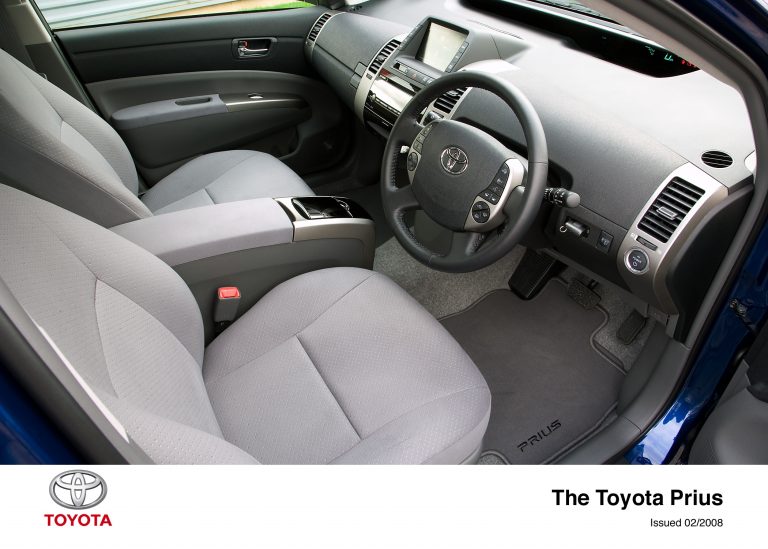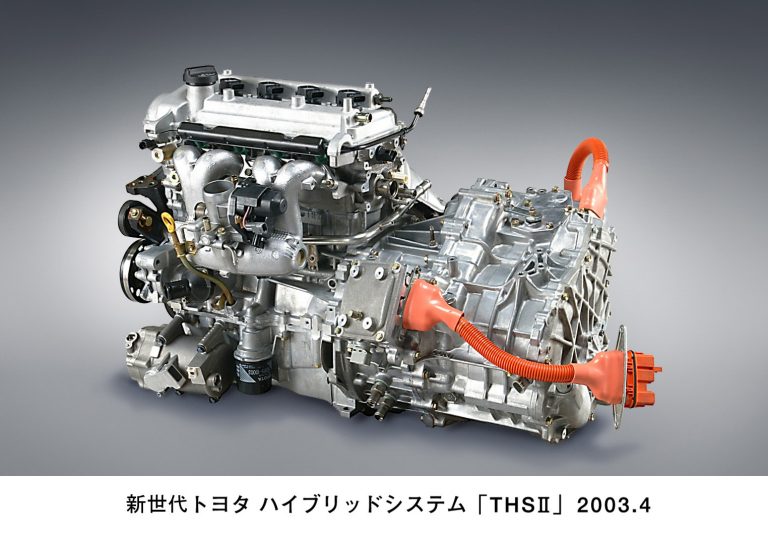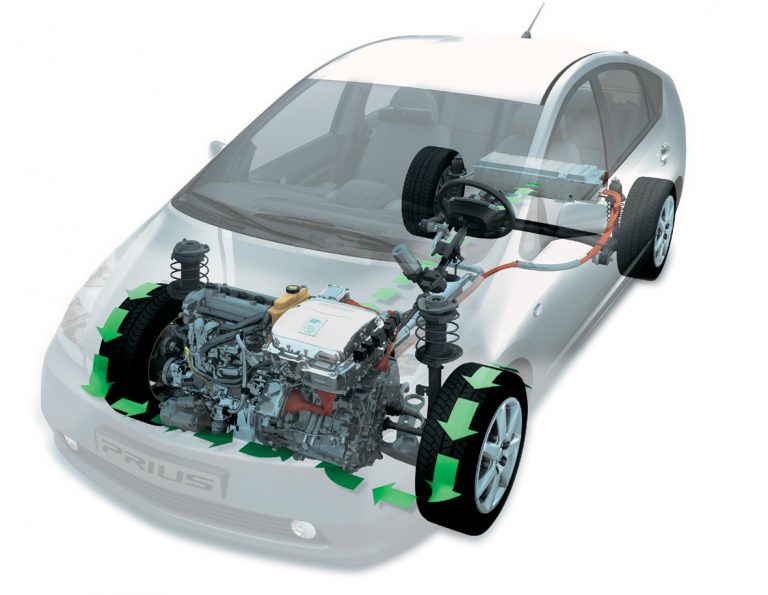Hybrid or Diesel: Sushi or Snails?
Toyota acknowledges that there are many alternative routes to achieving the ultimate eco-car and it has led the field in pursuing most of them: more efficient petrol engines, cleaner diesels, hybrid systems and fuel cells – all have their own technical and environmental benefits.
Other manufacturers shun this broad-based approach, choosing instead to force customers into an either/or decision between diesel and hybrid power, using confusing messages to weight the argument in their favour.
Consider – because Renault asks us to – the Mégane diesel. Renault claims it is a worthy match for the Toyota Prius, but cheaper. As the Mégane is a smaller car, that should be the case, but let’s look at the facts.
PRICE AND SPECIFICATION
The entry-level Prius T3 is fitted as standard with automatic transmission, VSC+ advanced stability control system, electric climate control air conditioning, alarm, six-speaker audio system with CD player and electric door mirrors. Its price on-the-road is £17,760.
Specify the nearest equivalent Mégane, the 1.9 dCi 130 Expression, with automatic transmission and it will cost you £16,450, but that is without stability control or climate control. At this point, yes, the Renault is cheaper, albeit not so well specified.
DIMENSIONS
Both the Prius and the Mégane are five-seat, five-door hatchbacks, but the Prius has the longer wheelbase (2,700mm vs 2,625mm), which means more leg room for those on board. There’s more room in the boot, too, with 408 litres in the Prius compared to 330 in the Mégane with the rear seats in place.
PERFORMANCE AND ECONOMY
The Prius is faster from nought to 62mph (10.9 seconds) than both the Mégane dCi 86 (12.7 seconds) and the dCi 106 (11.1 seconds). Official fuel consumption on the combined cycle is 65.7mpg for Prius and 62.8mpg for the Mégane dCi 86.
The Toyota’s advantage is even more marked in urban driving, where pollution and fuel economy are a bigger issue. Around town, official consumption for the Prius is 56.5mpg, compared to 51.4mpg for the Renault, but the Toyota is the master of slow-moving traffic, being able to run on electric motor power alone, with zero emissions and maximum fuel efficiency.
ROAD TAX AND CONGESTION CHARGING
Producing 120g/km, the Mégane squeezes into Band B for Vehicle Excise Duty, the same band as the Prius, which emits 104g/km of carbon dioxide. This doesn’t take into account the fact the Toyota gives out none of the particulate emissions produced by diesel engines like the dCi 86.
Prius qualifies for a £10 discount, so only costs the owner £30 for a year’s road tax, compared to £40 for the Mégane. And if you run the cars in central London, the Prius can save you up to £2,000 a year, as it is exempt from the congestion charge.
Still struggling to see why Renault thinks hybrid vehicles are expensive? Maybe a look at servicing costs might strengthen its argument.
SERVICING COSTS
Contrary to this week’s press release from Renault UK, the hybrid system in the Prius does not require special maintenance. The first scheduled service for a Toyota Prius at a London dealer costs £110 and the second service £180.
A quote from a Renault London dealer for the Mégane dCi 86 works out between £220 and £250 for the first service and between £420 and £450 for the second.
THE (INESCAPABLE) CONCLUSION
The Prius is roomier, quicker, more fuel efficient, cleaner, costs less to service and will probably work out cheaper to own over a three-year period when all the savings and residual values are taken into account.
But Toyota is not saying hybrid is better than diesel, it is just another option. With more than half a million hybrid power vehicles sold worldwide and more new models in the pipeline, it’s a choice more and more motorists are making.
Perhaps the final word should be for diesels, or at least for Toyota diesels. The Toyota D-CAT system, available now on the Verso and RAV4, and from July on the Avensis, not only meets Euro IV standards in terms of nitrogen oxides and particulates emissions, it also conforms to the proposed Euro V standard, even though those levels are not due to be enforced until 2010.
The bottom line: if you want a clean car, choose a diesel or a hybrid. Toyota offers the best of both.
ENDS






